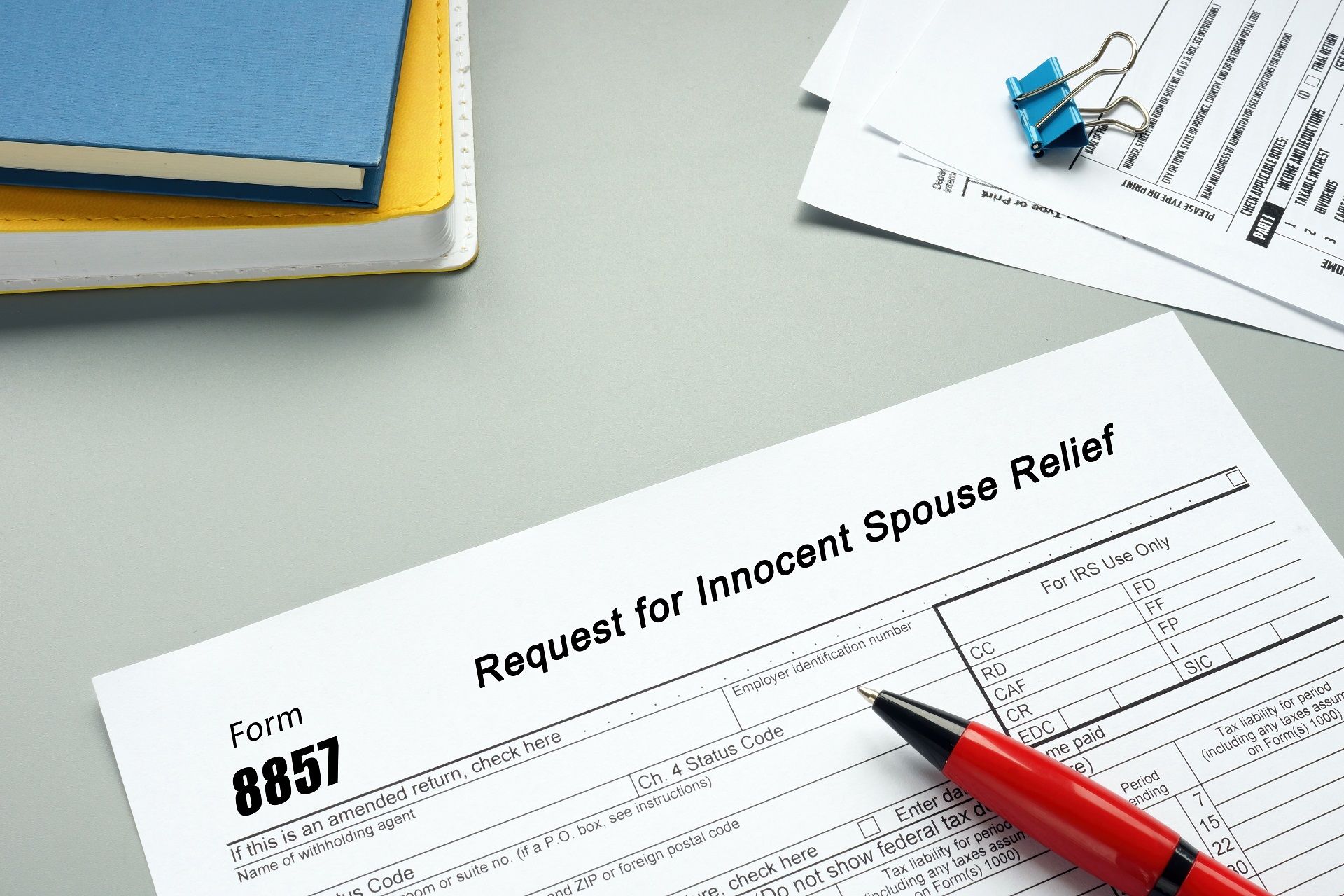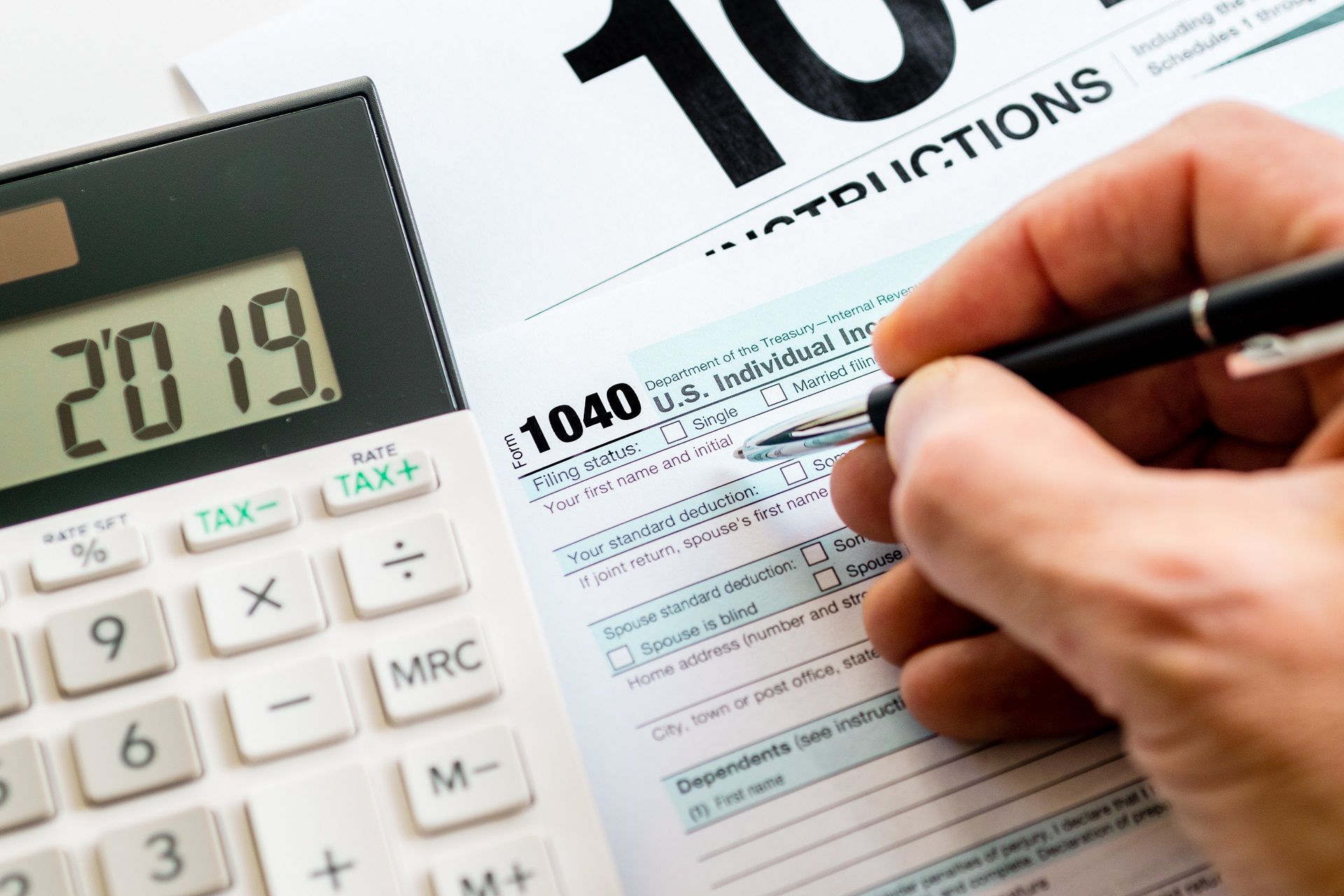Call: 941-906-7585
Email: tax@kinglawpl.com
Paying Penalties and Interest with the IRS
In the United States, the Internal Revenue Service (IRS) is a bureau of the Department of Treasury. It is responsible for enforcing federal tax law and collecting taxes from individuals and businesses throughout the country. Every year, it collects more than $3 trillion in taxes owed to the government.
One important thing to know about paying taxes with the IRS is that there are penalties and interest applied to unpaid taxes if they are not paid before a specified deadline. Completing your tax return on time will help you avoid these penalties and fees.
At the Law Offices of Mary E. King, we want you to be informed on these matters so you can avoid getting hit with penalties. Read on for more information on how to avoid these penalties, as well as how to pay your back taxes as soon as possible.
If you are in the middle of a dispute with the IRS or you owe penalties and interest, we encourage you to contact us right away. We can help you find the most suitable solution to your concerns and help you get your finances back on track.
What Are Penalties and Interest?
When you are unable to pay your taxes on time, you may be subject to penalties and interest. If you are unable to pay when the due date is approaching, the IRS will begin demanding payments.
Penalties will be applied based on the amount owed plus interest. If you owe more than $50,000 in unpaid taxes and have not paid by the due date, there is an additional percentage of the unpaid tax that you will be responsible for.
Interest will also be charged if you do not pay your missed payments within six months. For example, if a person does not pay his taxes by July 1 of the following year, he will be charged a late payment fee of 0.5% for each month that the tax return remains overdue until it’s resolved.
Paying Penalties and Interest
The IRS has different ways that you can make payments. For example, you can:
- Send a personal check
- Send a cashier’s check
- Send a money order
- Pay by credit card
- Pay by bank debit
You may also register with the Electronic Federal Tax Payment System. You must keep in mind that when paying the IRS based on an agreement, you have to make your payment on time. If you fail to do so, you risk cancellation of the agreement, and you will owe the entire amount of your tax bill.
Therefore, if you’re paying the IRS by money order or check, you need to make sure that you send them early enough to arrive by your due date. As a general rule of thumb, you should send checks or money orders between seven and ten days early to avoid any issues.
How to Avoid Penalties and Interest
The two primary ways in which an individual or business can avoid penalties and interest payments are by properly completing their tax return before the deadline and/or by paying their taxes as soon as possible after they’re due.
You also have another option available if your returns are not completed correctly: You can apply for a waiver from penalties and interest on your tax return. If you qualify for this waiver, then the IRS will issue a letter stating that they will not assess any penalties or interest on your taxes until at least one year from the original due date.
File Your Return on Time
The IRS wants you to file your tax return on time. If you’re not, your taxes may be applied as a tax penalty. Because of this, it is important that you do everything you can to file your return on time.
The IRS has been cracking down on late returns for years by increasing penalties for those who fail to file their taxes on time. Don’t make the mistake of missing an important deadline. File your return on time.
Pay Your Tax Bill on Time and Avoid Penalties and Interest
There are many reasons why people aren’t paying their taxes on time. They may not be aware that they need to pay their taxes before a certain deadline, or they may have forgotten to do it. Either way, the IRS can apply penalties and interest on unpaid taxes that you owe.
You can avoid these penalties and fees by filing for an extension. When you do this, you’re given additional time to pay your taxes.
If you’re unsure how to proceed with paying penalties and interest, you should consult with an experienced IRS tax attorney. At the Law Offices of Mary King, we can help you resolve your tax concerns, so you can enjoy financial freedom.
Contact IRS Tax Attorney Mary King Today
To request the services of the Law Offices of Mary King or to discuss your tax needs, please fill out our contact form or call us directly at 941-906-7585.
The information in this blog post is for reference only and not legal advice. As such, you should not decide whether to contact a lawyer based on the information in this blog post. Moreover, there is no lawyer-client relationship resulting from this blog post, nor should any such relationship be implied. If you need legal counsel, please consult a lawyer licensed to practice in your jurisdiction.
RECENT POSTS
CONTACT US
CONTACT US
We will get back to you as soon as possible.
Please try again later.
GET IN TOUCH
We will get back to you as soon as possible.
Please try again later.
Attorney and Counselor at Law
The Law Office of Mary King P.L. provides comprehensive solutions for IRS problems ranging from tax debt settlement to devising effective tax strategies for individuals and enterprises.
Attorney Mary King offers tax services to clients located in Florida and across the United States.
Recent Posts
Contacts
Call: 941-906-7585
3389 Magic Oak Lane, Sarasota, FL 34232
407 E. Marion Avenue, Suite 101, Punta Gorda, FL 33950
All Rights Reserved.
This website is managed by Oamii.






